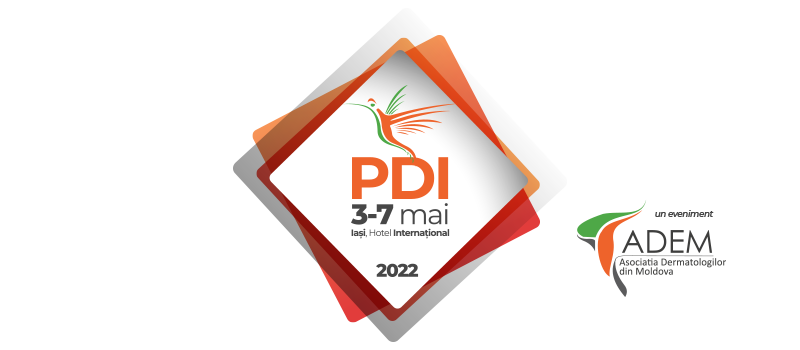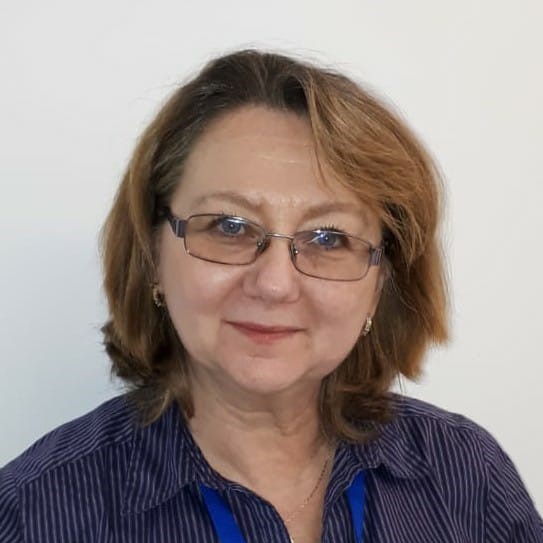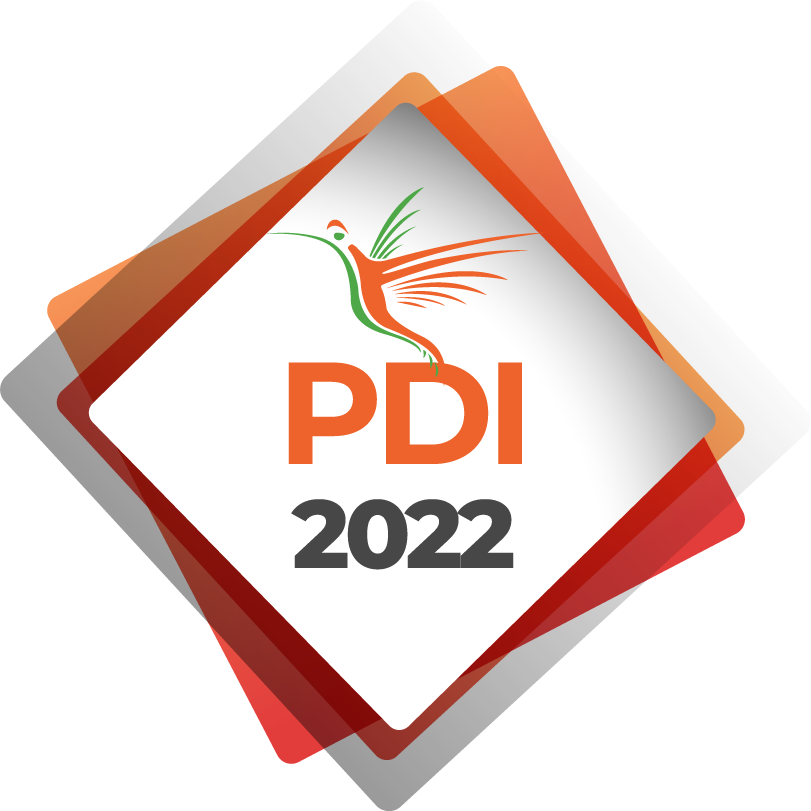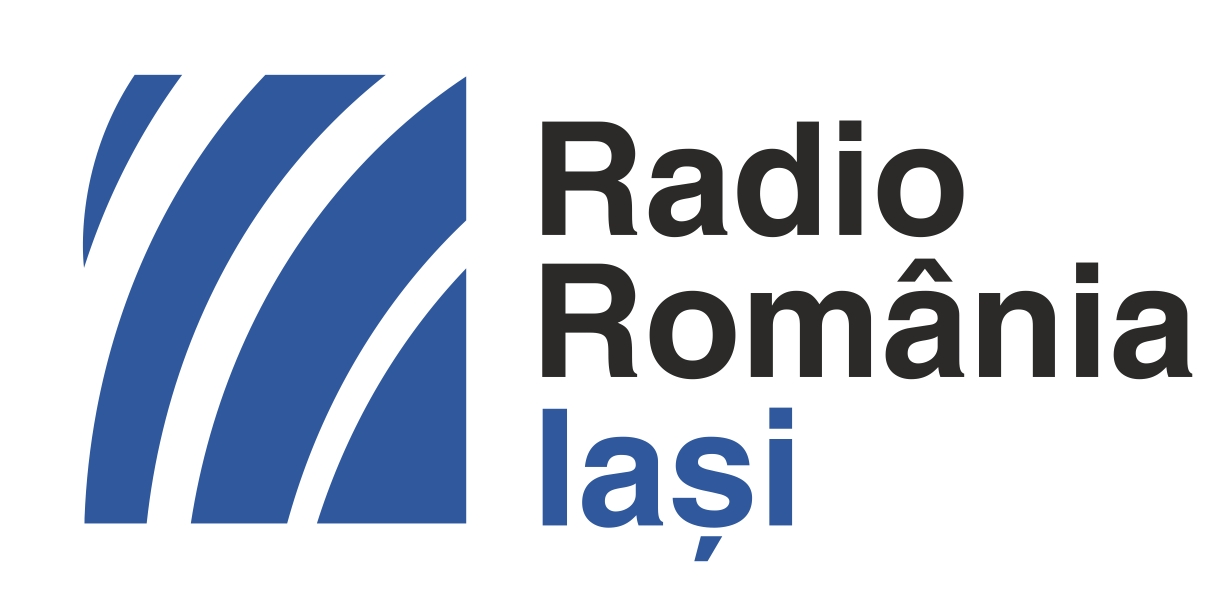C.Ș.I. Dr. Neagu Monica


C.Ș.I. Dr. Neagu Monica
Institutul Naţional “Victor Babeş”, Bucureşti
Spitalul Clinic ”Colentina”, Bucureşti
Dinamica anticorpilor specifici IgG si IgA IN vaccinarea anti-SARS-COV2
Autori: Monica Neagu 1,2, Carolina Constantin 1,2 , Sabina Zurac 2,3
1. Departamentul de Imunologie, Institutul Național de Patologie Victor Babeș, București, România;
2. Secția Patologie, Spitalul Clinic Colentina; București, România;
3. Departamentul de Patologie, Facultatea de Medicină Dentară, Universitatea de Medicină și Farmacie “Carol Davila”, București, România
Cuvinte cheie: vaccinare, COVID-19, IgG specific, IgA specific
Introducere. Studii recente se concentrează pe stabilirea nivelurilor de anticorpi care scad în timp atât post-vaccinare cât și post-infecție cu virusul SARS-CoV-2, dar și asupra relevanței vaccinării de rapel. Scopul studiului nostru a fost de a stabili memoria imunității umorale în cadrul protocoalelor de vaccinare în COVID-19. Metode. 70 de subiecți, cadre medicale în contact cu pacienți și probe infectațe cu SARS-Cov-2, au fost urmăriți în perioada mai 2020 – octombrie 2021. A fost utilizat testul ELISA pentru detectarea IgG și IgA anti-SARS-CoV-2 (EUROIMMUN). Rezultate. După 8 luni de la prima vaccinare (ianuarie 2021), grupul a prezentat valori statistic scăzute privind nivelurile ambilor anticorpi testați, indiferent dacă subiecții au fost infectați sau nu in perioada investigată. Mai exact, concentrația medie a IgG a scăzut în 8 luni de 2,4 ori, în timp ce IgA a scăzut de 2,7 ori. După vaccinarea de rapel (octombrie 2021), nivelul IgG crește imediat după rapel de 2,7 ori, în timp ce IgA a crescut după rapel de 2,5 ori. Rezultatele obținute post-rapel arată răspunsul IgG statistic mai mare comparativ cu cel obținut după prima vaccinare. Spre deosebire de IgG, răspunsul IgA este aproape identic cu cel obținut la prima vaccinare. În studii de caz investigate unde s-a constatat că după 8 luni de la prima vaccinare nu au fost detectați anticorpi circulanți detectabili, rapelul a indus rapid, după prima săptămână, o valoare ridicată atât pentru IgG, cât și pentru IgA, iar nivelurile au continuat să crească după două și trei săptămâni de la rapel. Concluzie. Vaccinarea de rapel induce niveluri mai ridicate de IgG în întregul grup comparativ cu prima rundă de vaccinare, în timp ce nivelurile IgA au fost similar cu cele obținute după prima vaccinare, date care susțin existența unei memorii imunologice robuste.
Dynamics of specific immunoglobulins IgG and IgA upon BNT162B2 booster vaccination
Authors: Monica Neagu 1,2, Carolina Constantin 1,2, Sabina Zurac 2,3
1. Department of Immunology, Victor Babes National Institute of Pathology, Bucharest, Romania;
2. Department of Pathology, Colentina Clinical Hospital; Bucharest, Romania;
3. Department of Pathology, Faculty of Dental Medicine, Carol Davila University of Medicine and Pharmacy, Bucharest, Romania
Key words: vaccination, COVID-19, specific IgG, specific IgA
Introduction. Extended studies focus on the antibody levels that are decreasing in time whether upon vaccination against or infection with SARS-CoV-2 virus, but still, we have to focus on the relevance of the booster vaccination. The aim of our study was to establish the humoral immunity memory in COVID-19 vaccination protocols. Methods. 70 subjects, healthcare workers in contact with SARS-Cov-2-infected patients and samples, were followed-up May, 2020 – October, 2021. ELISA for detection of anti-SARS-CoV-2 IgG and IgA (EUROIMMUN) was used. Results. After 8 months post first vaccination (January 2021), the group presented statistically decreased values for both antibodies, regardless of the infection status during these 8 months. More specifically, IgG’s mean concentration decreased in 8 month 2.4 times, while IgA decreased 2.7 times. After booster vaccination (October 2021) IgG level increases immediately 2.7 times, while IgA increased 2.5 times. Our results show that the IgG response after booster is statistically higher compared to the first vaccination and, in contrast, the IgA response is almost identical with the level obtained after first vaccination. In study cases it was found that after 8 months post- first vaccination where no detectable circulating antibodies were detected, the booster induced after the first week a high value for both IgG and IgA, and the levels continued to raise after two and three weeks after booster. Conclusion. Booster vaccination induces higher levels of IgG in the entire group compared to the first round of vaccination, while the IgA levels were similar, data is proving a proper immunological memory.
Scurt CV
Professor Monica Neagu – Head of Immunology laboratory, Habilitation in Immunology, Doctoral School of the Faculty of Biology, University of Bucharest, Senior Researcher at Pathology Department, Colentina Clinical Hospital; President of the Romanian Society of Immunology, member of the World Academy of Sciences.
She was Project Director for several international projects (Bilateral Cooperation Romania-China 511/2011 Biomarker discovery in digestive tract cancer and skin melanoma using proteomic approaches (Beijing Institute of Genomics), Bilateral Cooperation Romania-Greece project no. 7285/02 Immunomodulating potential of prothymosin alpha [….] (University of Athens), NATO SfP 982838/2007 Development of a novel immunoassay for the very early detection of Biothreatening Bacterial Infections) and member of the research team in several international projects FP7, ERA-NET. Currently she is member of the management committee for Horizon2020 COST project CA16120 – European Epitranscriptomics Network (EPITRAN) and CA18125 – Advanced Engineering and Research of Aerogels for Environment and Life Sciences (AEROGELS). She has autoimmunity specialization at Sandoz Pharma Ltd., Basel. In 2010-2013 she was full member of Commission for Advanced Therapies – EMEA.
In the last 5 years she has led or been involved in more than 10 national funded projects.
Fields of interest: immuno-oncology, melanoma biomarkers, proteomic array approaches, animal models for skin carcinogenesis, melanoma, wound healing, regeneration. She is co-inventor in several patents in dermato-oncology, biomarkers panel and tumor cell clones.
She is member in Editorial Boards for 4 international journals, Editor for an international book, invited Editor for 4 international journals, and has published over 200 scientific papers and book chapters. Hirsch Index =27 (ISI web of Science/Clarivate).
Contactează operatorul PDI 2021
Operatorul PDI 2021
![]()
Adresa: Str. A. Panu nr. 13, Iasi
Tel.: 0332.40.88.00-05
E-mail: inscrieri@primaderma.ro
Website: www.eventernet.ro
Parteneri Media




